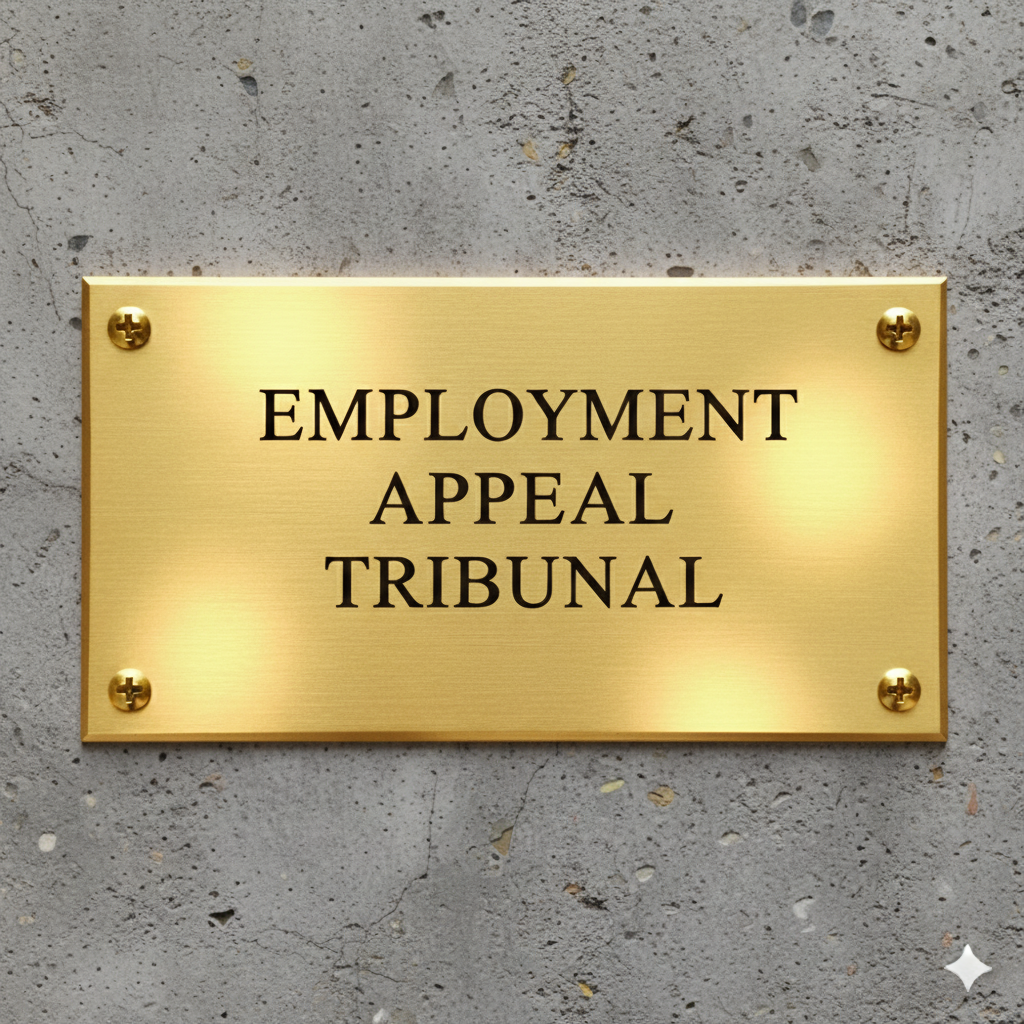Walk the Walk Wins Unfair Dismissal and Disability Discrimination Case
The Employment Appeal Tribunal ruled in favour of Walk the Walk, dismissing claims of unfair dismissal and discrimination from their former CEO. The original tribunal's decision was upheld.
• public
Walk the Walk Prevails in Employment Tribunal Appeal
The Employment Appeal Tribunal (EAT) has affirmed the original Employment Tribunal's decision in the case of Ashley v Walk the Walk Family Support Service Community, dismissing claims of unfair dismissal and disability discrimination brought by former Chief Executive Officer, Sandra Ashley. The judgment, handed down on 16 September 2025, centred on Ms Ashley’s dismissal and subsequent appeal.
Background to the Dispute
Ms Ashley was dismissed from Walk the Walk, a not-for-profit community interest company, following an investigation into allegations of misconduct, including bullying and financial irregularities. She subsequently filed a claim with the Employment Tribunal, alleging unfair dismissal and discrimination arising from her disabilities, dyslexia and depression.
Key Tribunal Findings
The Employment Tribunal dismissed all of Ms Ashley’s complaints. In this appeal, the EAT addressed two specific grounds: whether the tribunal erred in dismissing the discrimination claim and whether it erred in finding that the dismissal was not unfair. The EAT found:
- Disability Discrimination: The EAT agreed with the Employment Tribunal that Ms Ashley's dismissal was due to conduct-related issues and a breakdown of trust, not her disabilities. The tribunal had not erred in considering the section 15 complaint.
- Unfair Dismissal: The EAT also upheld the finding that the dismissal was fair. While the Employment Tribunal had expressed concerns about the same managers being involved in the investigation and disciplinary stages, it noted that an independent appeal was offered. The claimant's decision not to pursue the appeal led the tribunal to conclude that the overall process was fair.
The Appeal Arguments
On appeal, Ms Ashley’s counsel argued that the Employment Tribunal should have revisited the list of issues to consider how her depression affected her ability to defend herself during the disciplinary process. The EAT rejected this argument, stating that the tribunal was entitled to proceed on the agreed list of issues, especially given that Ms Ashley was legally represented throughout the process.
Regarding the unfair dismissal claim, the appeal argued that the offer of an independent appeal was insufficient to cure procedural flaws in the initial disciplinary process. The EAT disagreed, emphasising that the tribunal had properly considered the fairness of the “end-to-end process,” including the respondent’s efforts to facilitate the appeal.
Outcome
The EAT dismissed the appeal, upholding the original Employment Tribunal's decision in full.
Read the entire judgement here: Ashley v Walk the Walk Family Support Service Community [2025] EAT 144
